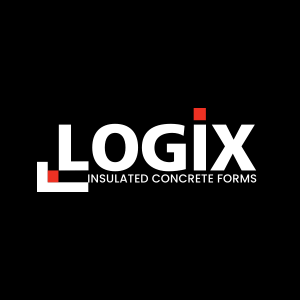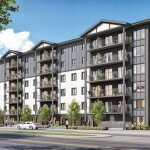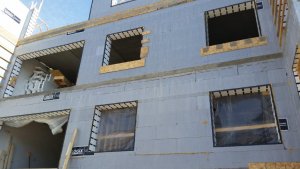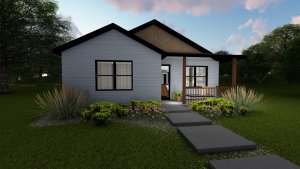As the housing crunch continues to spiral out of control across most of North America, secondary suites have become a vital new source of affordable housing and supplemental rental income for their owners. This post will examine the economics of constructing a secondary basement suite, reveal a few design tips, and discuss the optimal construction materials.
What is a Secondary Suite?
Secondary suites are separate, smaller dwelling units located on the same property as the primary residence. In the northern US and Canada, basements are one of the most common types of secondary suites.
While they’re a great source of supplemental rental income, secondary basements suites are also often used to house aging parents, adult children, and caregivers. What’s more, they make a great home office by providing the opportunity to work without distractions while shortening the commute to mere seconds.
General Considerations
Like with any construction project, you should determine whether building a secondary suite basement is feasible and viable. In other words, you should ask yourself — is this a good business arrangement for me? Here are some key elements that may influence your decision-making process.
Local Secondary Suite Laws
First things first — find out whether your county, city, or region allows secondary suites at all. Most local agencies will be pretty clear about the size and type of secondary suites they permit, so you should determine what these are.
Secondary Suite Ownership
Another important factor to keep in mind — some local agencies may forbid you from renting your basement if you don’t occupy the home above it. Be sure to consult with your planning department to find out how these regulations apply to your project.
Tenancy Issues
Becoming a landlord is not for the faint of heart. Depending on the local laws, you may not be able to evict a tenant even if they refuse to pay rent or willfully damage your property without a ruling from a tribunal. Your provincial or state authorities may impose eviction moratoriums without much notice — as many did during the COVID-19 pandemic — so you might end up with no recourse if your tenant stops paying rent altogether. Remember, in a situation like this, you’ll still have to make your mortgage payments and pay your property taxes.
Rental Agreement
Most jurisdictions have a standard lease agreement, which will often stipulate the most important rental terms. These may include the maximum allowable annual rent increase, maximum number of tenants, etc.
You can also add certain clauses to protect yourself and your property. You should take the time to consider carefully what clauses you should add, but also check with your real estate agent to see what you can legally demand from your tenant. For instance, you may have a “no pets” clause, but it may actually be unenforceable in most North American jurisdictions. Likewise, you may ask for a tenant to provide you with post-dated checks, but this specific clause also has no binding effect in most locales.
Taxes
Be aware that you will have to declare your rental income, and it may well bump you into a higher tax bracket. That said, you’ll have an opportunity to deduct certain new expenses. Be sure to speak with your accountant to get a clear idea of how a basement rental suite will affect your tax situation.
Design Considerations
Once you’ve decided that building a basement rental suite is a viable business decision, you’ll have to consider the new suite’s design parameters. Here’s a list of the most common considerations:
Size
Most local governments will specify the minimum and maximum floor areas for secondary units. You’ll also have to meet the minimum ceiling heights. Be sure to check with your building official to learn more about these constraints.
Separate Entrance
Local ordinances may require a separate entrance for your basement’s occupants. For the sake of privacy and security, you may want to add a separate entrance, even if one is not mandated.
Fire Safety
There are numerous fire safety requirements, so take the time to consult your local ordinances and learn how these regulations will affect the design. You may have to provide more than one means of egress from the basement, a clear means of evacuation off the property, adequate fire separations, and even a sprinkler system.
Shared Appliances
For everyone’s convenience, it may be best not to share your washer and the dryer with your tenants. To this end, you should figure out where these appliances will be stored; just remember that these devices require water supply, drainage, electricity, and an exhaust duct.
Using a system like Logix ICF can make your basement more comfortable and energy-efficient. Let’s have a look at the advantages of ICF over traditional wood-frame construction.
Forming high ceilings is simple. All you have to do is add a row of blocks to the top course. Since Logix ICF comes with 12” and 16” block heights, it’s easy to accommodate any vertical dimension.
Better energy efficiency. Thanks to the double layer of continuous insulation, Logix ICF walls are airtight and have high thermal resistance and thermal mass. If you include utilities in your rent, this added efficiency will save you money in the long run.
Less chance of condensation. The double layer of insulation also keeps the cold away from the concrete core, so there’s less chance of condensation and the ensuing moisture issues that plague most conventional basements.
Fully waterproof. With a fully-insulated, reinforced concrete core, neither you nor your tenant will have to worry about possible damage caused by water ingress.
Sound-proof. ICF walls provide a much more effective noise barrier than their wood-framed counterparts. This is a key thing to consider if the secondary suite shares partitions with your primary residence. An ICF main floor (constructed with foam and concrete) will also provide a very effective sound barrier between floors.
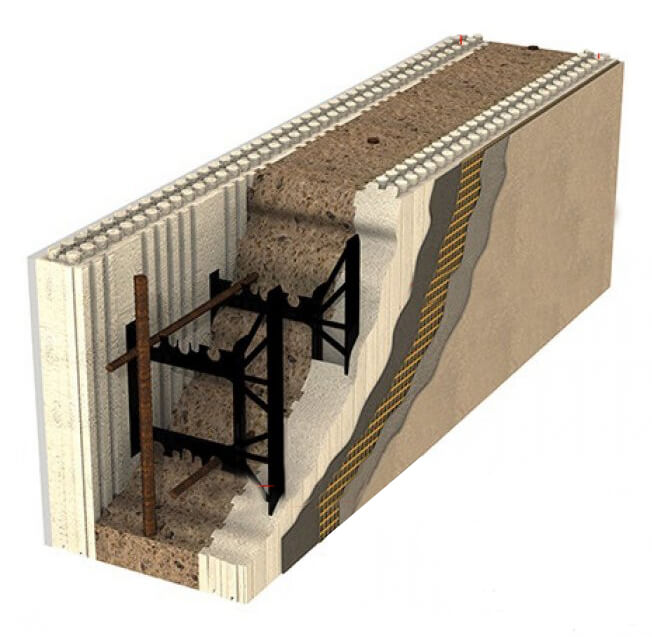
Benefits of a Logix Backyard Cottage
Basements are not the only type of secondary suite out there. In fact, basements aren’t too common in most southern regions of the US, so many secondary suites take the shape of detached backyard cottages, aka ADUs, laneway suites, or granny flats. Building one of these tiny homes with Logix ICF gives you many of the same benefits you’d see from a Logix basement. What’s more, Logix actually has efficient, affordable small home designs from which to choose — a collection that’s perfectly suited for ADU construction. Ranging from 500 to 1,250 square feet, these tiny homes fall within most jurisdictions’ definitions of a secondary suite.
Here’s what you get by opting for one of these ready-to-construct home plans:
- Energy efficiency. ICF walls are completely airtight, so you’ll never have to worry about losing heat through air movement. What’s more, their high thermal mass helps maintain the desired indoor temperatures longer without relying on heating and cooling systems, even as the outdoor temps drastically change.
- Disaster resilience. Logix ICF is designed to withstand wildfires, hurricanes, and seismic events. Using this system is a great way for you to protect your tenants — and your investment from a potential force majeure.
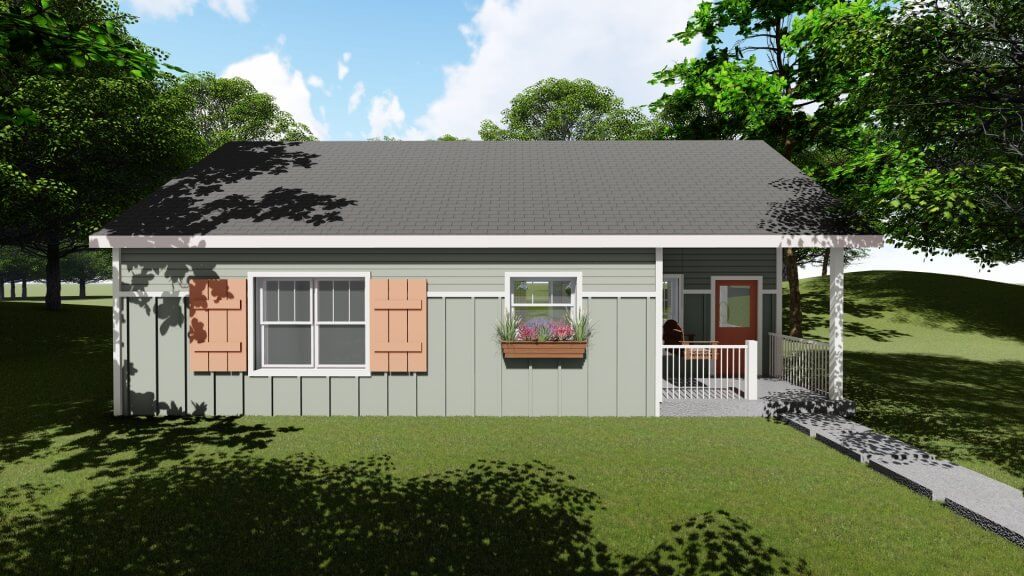
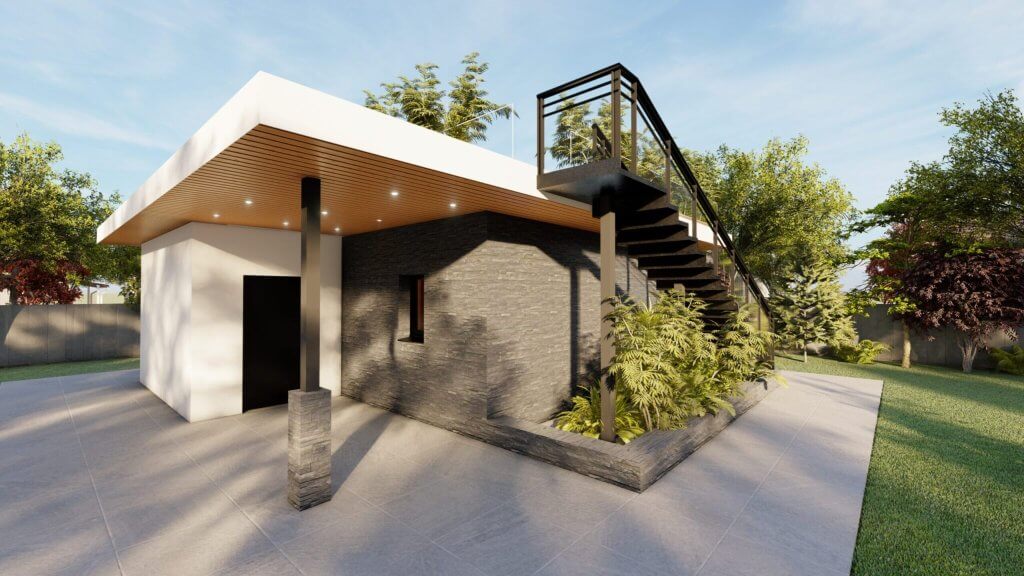
- No moisture issues. Look no further than BC’s leaky condos scandal to see what happens if your building’s envelope is unsuitable for the local climate. If you’re building in a region that receives significant rainfall (such as the Pacific Northwest), you should take care to protect your new unit from significant moisture issues. Logix ICF completely seals off your secondary unit from any possible rainwater ingress.
Wrapping it up
Secondary suites have plenty to offer, whether you’re looking for supplemental income, a place to house your relatives, or a convenient home office. As you plan your project, be sure to consider the following:
- Local codes and ordinances
- The implication of becoming a landlord
- Privacy, safety, and comfort for both you and your tenant
- The ideal methods and materials for cost-efficient construction, comfort, energy-efficiency, and reduced lifecycle costs
